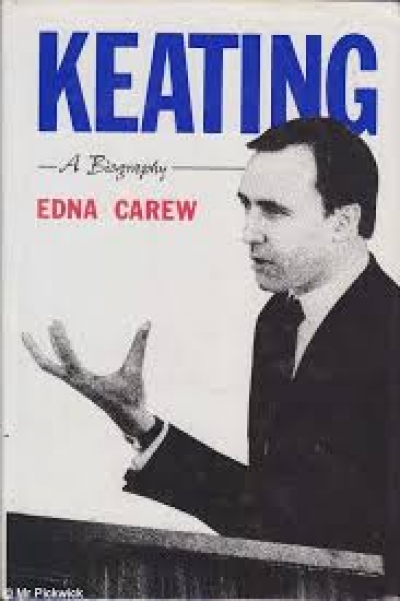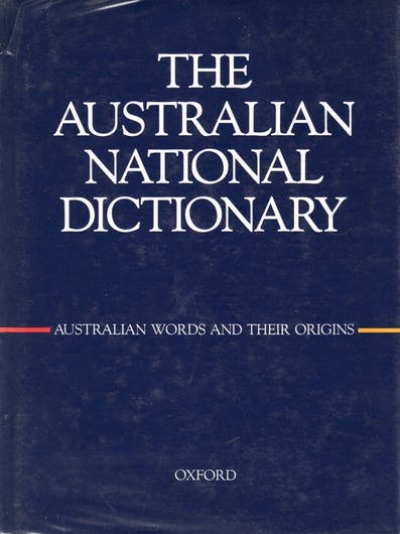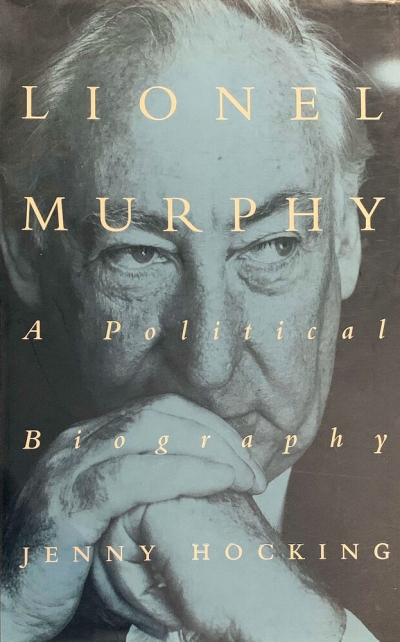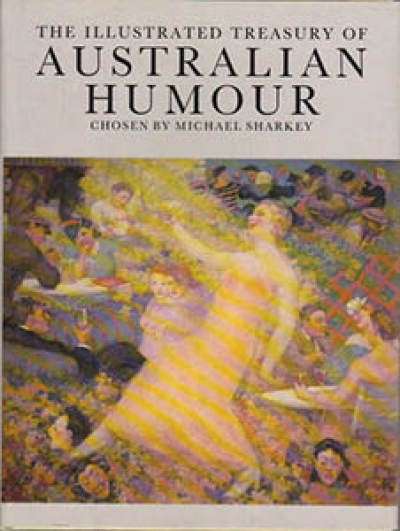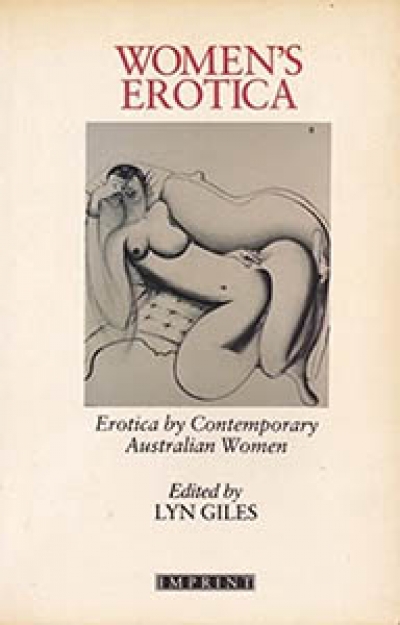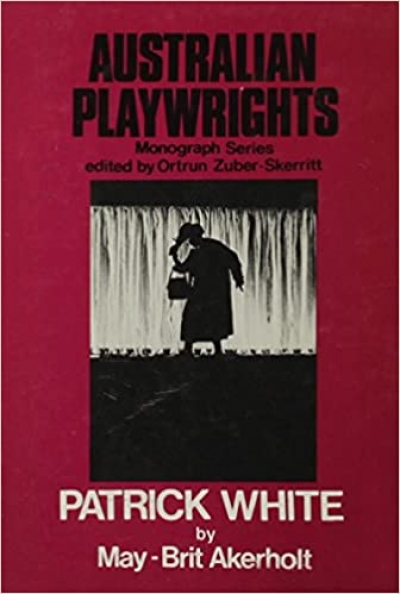Archive
The Australian National Dictionary: Australian words and their origins by W.S. Ramson
by Jack Hibberd •
A Politics of Poetry: Reconstituting social democracy by Dennis Altman
by Judith Brett •
The Illustrated Treasury of Australian Humour edited by Michael Sharkey
by Patrick Cook •
Women’s Erotica: Erotica by contemporary Australian women edited by Lyn Giles
La Mama: The story of a theatre by Liz Jones, Betty Burstall, and Helen Garner
by Bill Garner •


